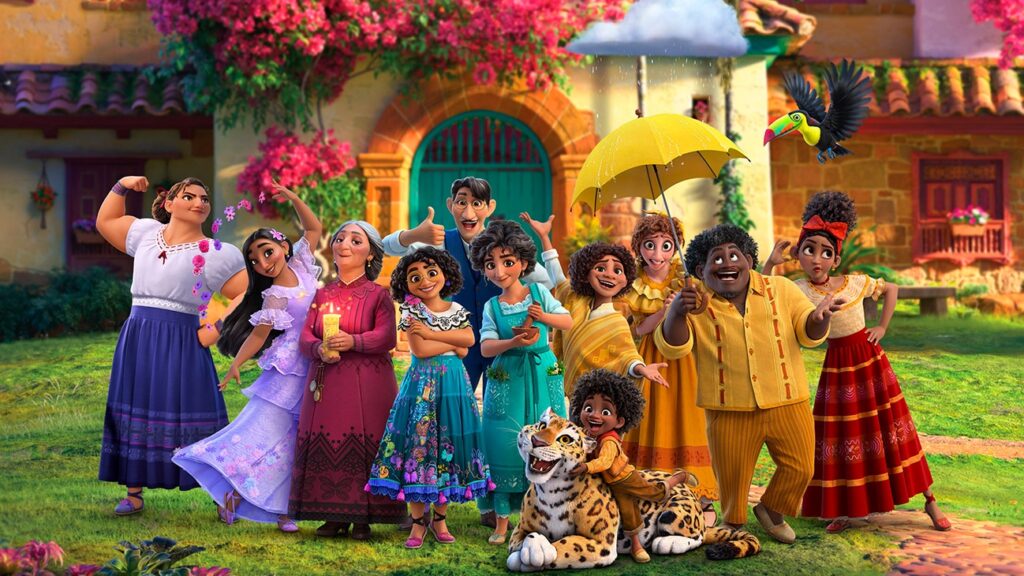We Need to Talk About Encanto

We Need to Talk About Encanto With its latest animated extravaganza, Encanto, Disney weaves its magic to shine a light
Himani Dalmia | Certified Infant and Child Sleep Specialist | Gentle Baby Sleep Counselling

We Need to Talk About Encanto With its latest animated extravaganza, Encanto, Disney weaves its magic to shine a light